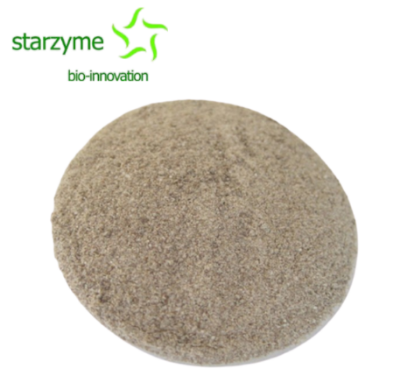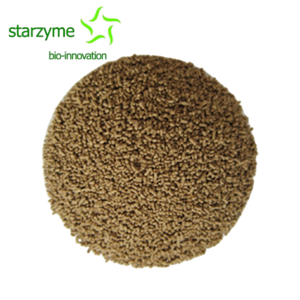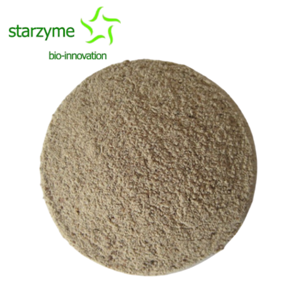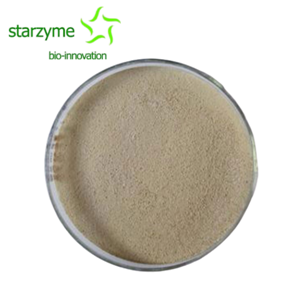Enzyme Preparations on Ruminants
Enzyme Preparations are biocatalysts that can accelerate the decomposition of complex compounds in feed, thereby improving the nutritional value of feed. In Cattle and Mutton Sheep feed, they mainly play the following roles.
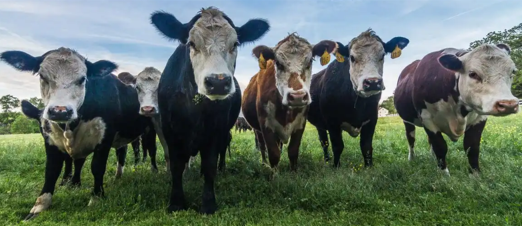
The digestive system of Cattle and Mutton Sheep is relatively simple, with limited ability to digest complex nutrients such as carbohydrates, fats, and proteins. The addition of Enzyme Preparations can decompose these difficult to digest substances and convert them into small molecule compounds that are easily absorbed by cattle and sheep, thereby improving the digestibility of feed. This not only helps Cattle and Mutton Sheep fully absorb nutrients from their feed, but also reduces undigested substances in their feces and lowers environmental pollution.
Enzyme Preparations can degrade anti nutritional factors in feed, such as trypsin inhibitors in soybean meal and gossypol in cottonseed meal, which can affect the utilization of feed by Cattle and Mutton Sheep. Through the action of Enzyme Preparations, the adverse effects of these anti nutritional factors can be eliminated, the quality of feed can be improved, and the feed intake of Cattle and Mutton Sheep can be increased.
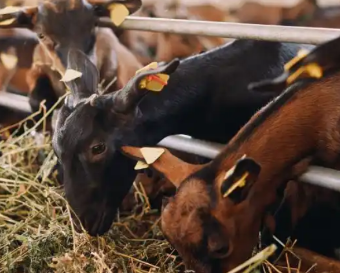
The addition of Enzyme Preparations also helps to improve the intestinal environment of Cattle and Mutton Sheep, promote the growth of beneficial microorganisms, inhibit the reproduction of harmful microorganisms, and thus maintain the intestinal health. A healthy intestinal environment helps to enhance the immunity of Cattle and Mutton Sheep, reduce the occurrence of diseases, and improve production performance.
The application of Enzyme Preparations can improve the utilization rate of feed for Cattle and Mutton Sheep, reduce feed waste, and lower feeding costs. At the same time, the addition of Enzyme Preparations can improve the growth performance of Cattle and Mutton Sheep, increase the yield and quality of livestock products such as meat and milk, and thus increase the economic benefits of animal husbandry.
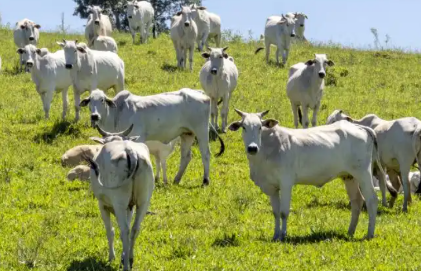
It should be noted that different types of Enzyme Preparations may have different effects on different feeds. Therefore, in practical applications, appropriate Enzyme Preparations should be selected based on factors such as the breed, growth stage, and feed composition of Cattle and Mutton Sheep. In addition, the amount of enzymes added should also be controlled within an appropriate range, as excessive addition may lead to increased costs and even adverse effects on the health of Cattle and Sheep.
In conclusion, Enzyme Preparations play multiple roles in improving feed digestibility, enhancing feed quality, promoting the health of Cattle and Mutton Sheep, and increasing economic benefits in Cattle Sheep. In the future, with the continuous advancement of biotechnology and the deepening of Enzyme Preparations research and development, it is believed that the application of Enzyme Preparations in animal husbandry will be more extensive, injecting new vitality into the development of animal husbandry.

